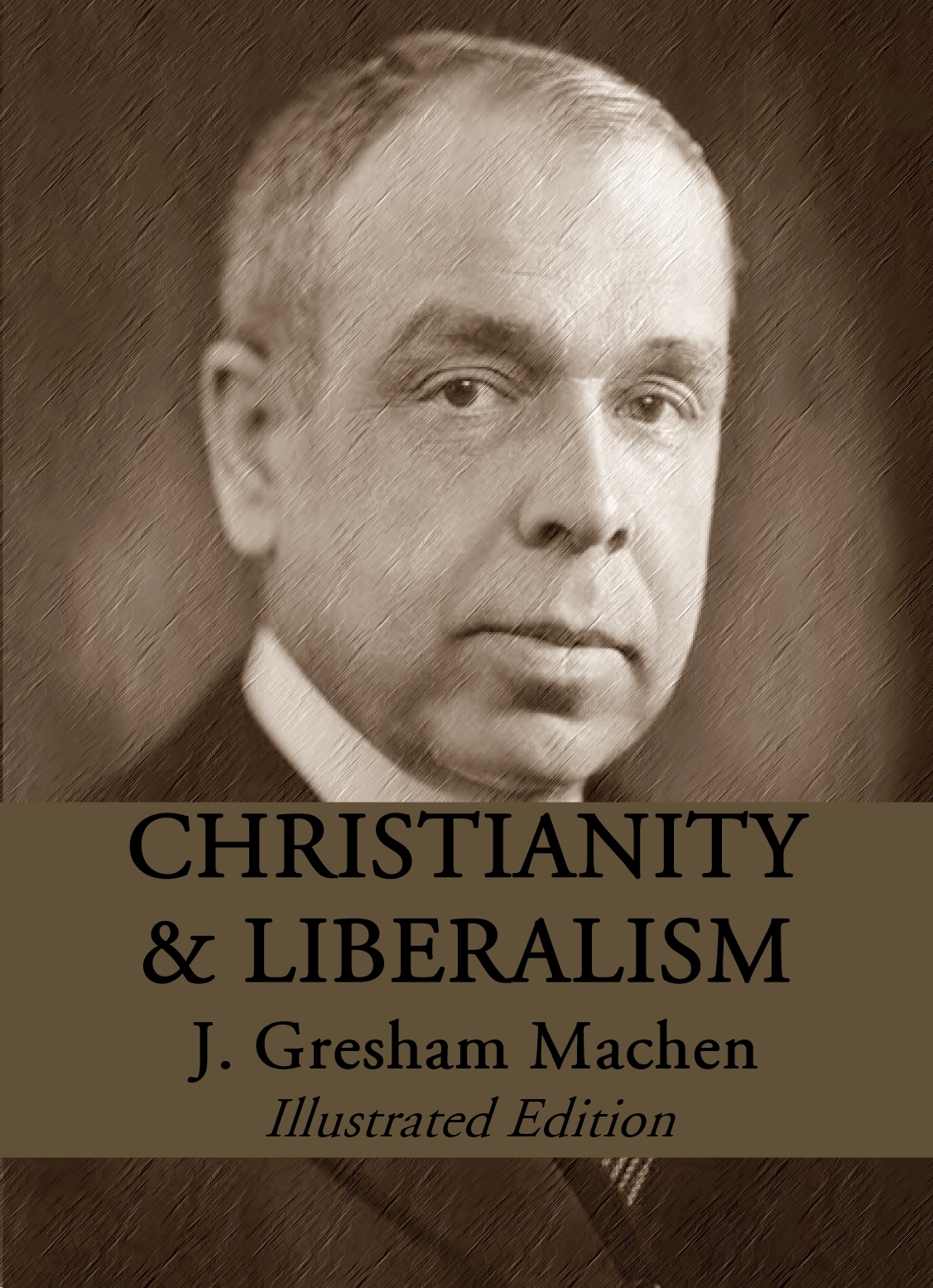
The purpose of this book is not to decide the religious issue of the present day, but merely to present the issue as sharply and clearly as possible, in order that the reader may be aided in deciding it for himself. Presenting an issue sharply is indeed by no means a popular business at the present time; there are many who prefer to fight their intellectual battles in what Dr. Francis L. Patton has aptly called a “condition of low visibility.” Clear-cut definition of terms in religious matters, bold facing of the logical implications of religious views, is by many persons regarded as an impious proceeding. May it not discourage contribution to mission boards? May it not hinder the progress of consolidation, and produce a poor showing in columns of Church statistics? But with such persons we cannot possibly bring ourselves to agree. Light may seem at times to be an impertinent intruder, but it is always beneficial in the end. The type of religion which rejoices in the pious sound of traditional phrases, regardless of their meanings, or shrinks from “controversial” matters, will never stand amid the shocks of life. In the sphere of religion, as in other spheres, the things about which men are agreed are apt to be the things that are least worth holding; the really important things are the things about which men will fight.
In the sphere of religion, in particular, the present time is a time of conflict; the great redemptive religion which has always been known as Christianity is battling against a totally diverse type of religious belief, which is only the more destructive of the Christian faith because it makes use of traditional Christian terminology. This modern non-redemptive religion is called “modernism” or “liberalism.” Both names are unsatisfactory; the latter, in particular, is question-begging. The movement designated as “liberalism” is regarded as “liberal” only by its friends; to its opponents it seems to involve a narrow ignoring of many relevant facts. And indeed the movement is so various in its manifestations that one may almost despair of finding any common name which will apply to all its forms. But manifold as are the forms in which the movement appears, the root of the movement is one; the many varieties of modern liberal religion are rooted in naturalism—that is, in the denial of any entrance of the creative power of God (as distinguished from the ordinary course of nature) in connection with the origin of Christianity. The word “naturalism” is here used in a sense somewhat different from its philosophical meaning. In this non-philosophical sense it describes with fair accuracy the real root of what is called, by what may turn out to be a degradation of an originally noble word, “liberal” religion.
Genre: POLITICAL SCIENCE / Political Ideologies / Conservatism & LiberalismeBook:
Amazon Best Sellers Rank: #51,233 Paid in Kindle Store
#4 in Kindle Store > Kindle eBooks > Religion & Spirituality > Religious Studies & Reference > Fundamentalism
#11 in Books > Religion & Spirituality > Religious Studies > Fundamentalism
#26 in Kindle Store > Kindle eBooks > Religion & Spirituality > Religious Studies & Reference > Comparative Religion
Modern liberalism in the Church, whatever judgment may be passed upon it, is at any rate no longer merely an academic matter. It is no longer a matter merely of theological seminaries or universities. On the contrary its attack upon the fundamentals of the Christian faith is being carried on vigorously by Sunday-School “lesson-helps,” by the pulpit, and by the religious press. If such an attack be unjustified, the remedy is not to be found, as some devout persons have suggested, in the abolition of theological seminaries, or the abandonment of scientific theology, but rather in a more earnest search after truth and a more loyal devotion to it when once it is found.
At the theological seminaries and universities, however, the roots of the great issue are more clearly seen than in the world at large; among students the reassuring employment of traditional phrases is often abandoned, and the advocates of a new religion are not at pains, as they are in the Church at large, to maintain an appearance of conformity with the past. But such frankness, we are convinced, ought to be extended to the people as a whole. Few desires on the part of religious teachers have been more harmfully exaggerated than the desire to “avoid giving offense.” Only too often that desire has come perilously near dishonesty; the religious teacher, in his heart of hearts, is well aware of the radicalism of his views, but is unwilling to relinquish his place in the hallowed atmosphere of the Church by speaking his whole mind. Against all such policy of concealment or palliation, our sympathies are altogether with those men, whether radicals or conservatives, who have a passion for light.
What then, at bottom, when the traditional phrases have all been stripped away, is the real meaning of the present revolt against the fundamentals of the Christian faith? What are the teachings of modern liberalism as over against the teachings of Christianity?
| Language | Status |
|---|---|
|
Portuguese
|
Already translated.
Translated by Rute Silva
|
|
|
Author review: Very easy to communicate with. Any problems we had were dealt with in a timely manner. I would be very happy to work with this translator again. |